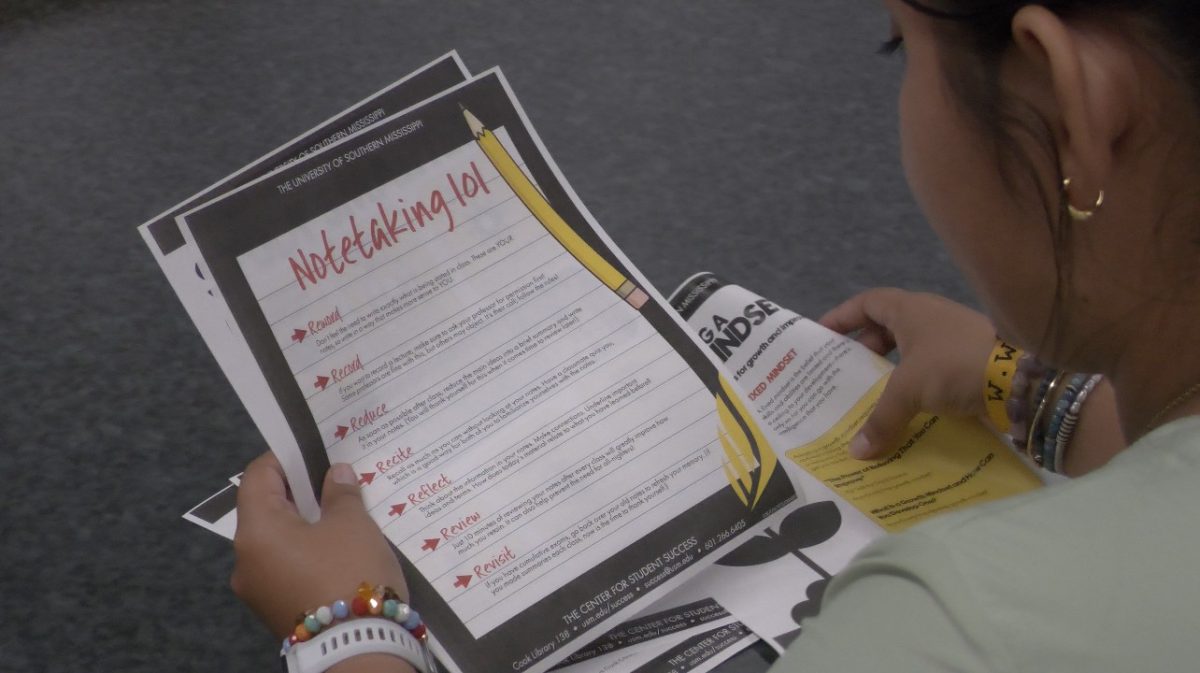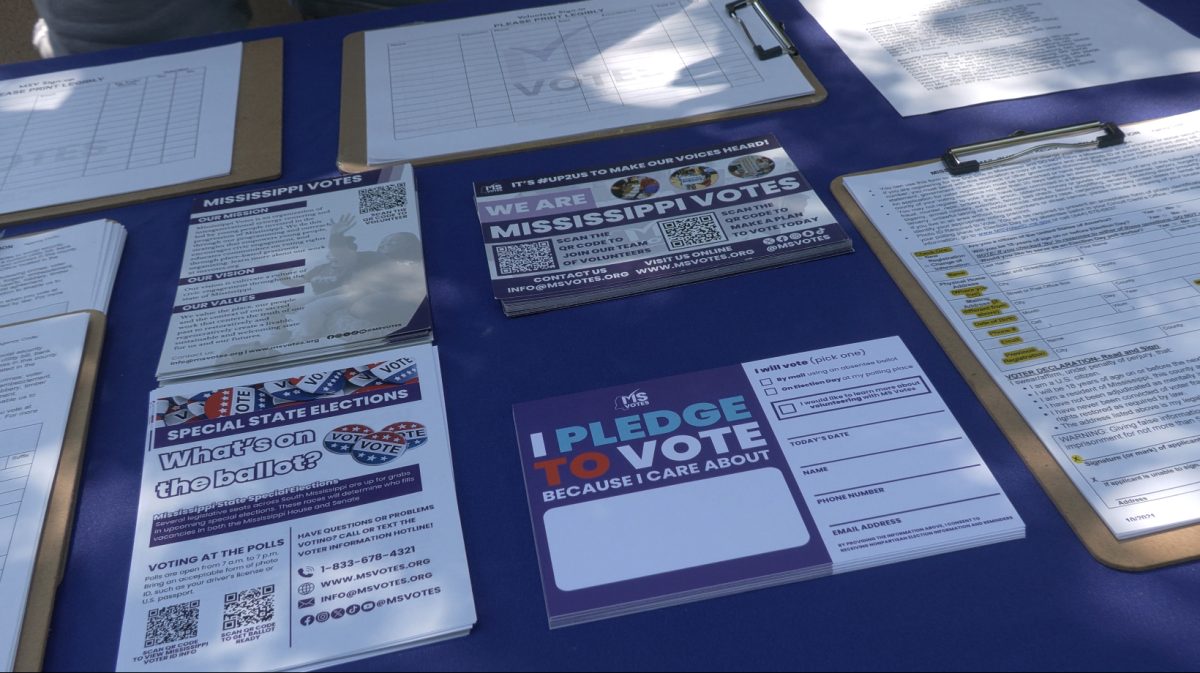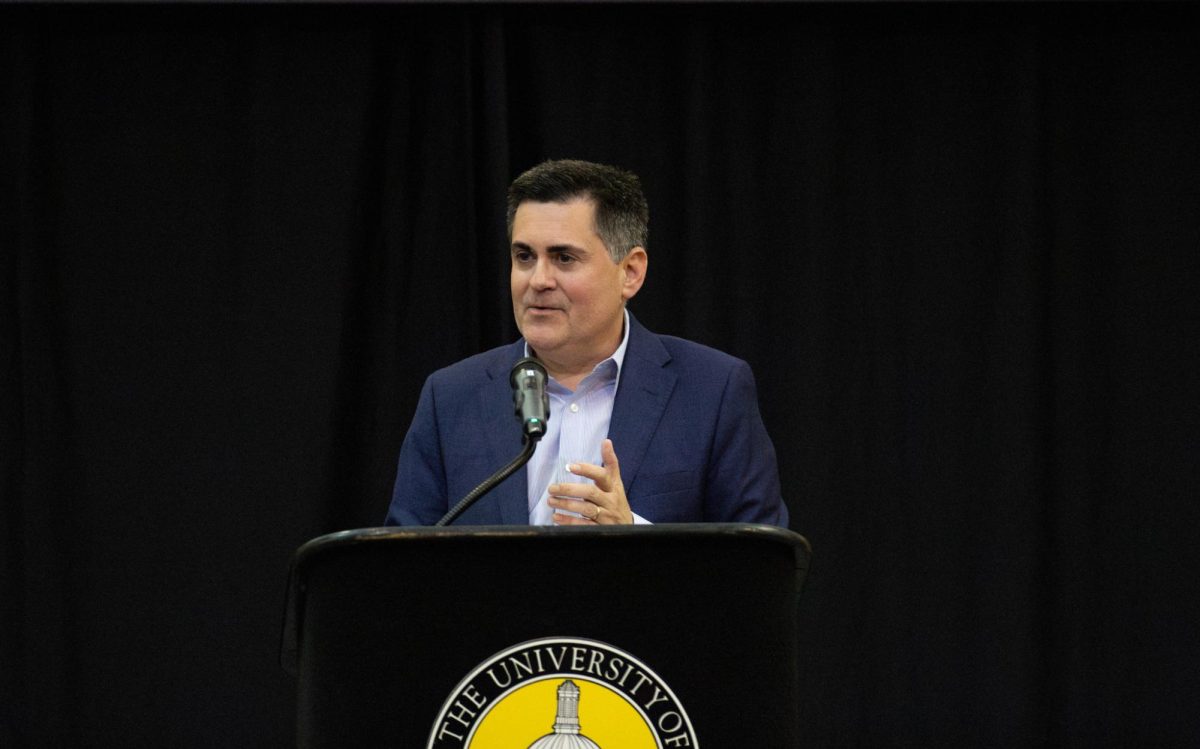Robert Press, a political science professor at The University of Southern Mississippi, has recently published his third book, “Ripples of Hope: How Ordinary People Resist Repression without Violence.”
This book is a compilation of 170 interviews from mothers, students, teachers, journalists, attorneys and more who fought nonviolently for their beliefs of human rights and freedom. The people in these stories are from Kenya, Liberia and Sierra Leone.
The title, “Ripples of Hope,” was inspired by Robert Kennedy’s “A Tiny Ripple of Hope” speech. It surrounds the idea that even the smallest attempts can help create the biggest effects. Press focuses on these small groups and individual activists who helped create pressure within their societies and promote change for human rights.
Many of these stories were told before social media and various advanced technologies were invented, and people only relied on information channels for communication. Amid the violence and destruction in these people’s homes, they chose to protest nonviolently.
“I’m just really helping people realize that the forces for good are much greater than we thought,” Press said.
According to Press, it is important to pull the subject matter from these individual points of view because it shows that individual activism is occurring.
“They are the eyes and ears for human rights,” Press said. “They can collectively make a difference.”
“Ripples of Hope” is being noted by several people as a breakthrough in social movement theories because of Press’ approach to various individuals’ viewpoints.
“I think that the book will be a very important contribution to the study of social movements in West Africa,” said Lansana Gberie, senior associate and head of Monrovia Office, International Center for Transitional Justice Monrovia, in Liberia. “The cacophony of voices, which could have cluttered the text, feels fresh and original, because they are drawn from many sources, some expected, some not. They add up a very convincing account of the political history and social activism of the country for the past few decades.”
Press said some of these people were easier to find than others. He used what he calls a “snowball effect” to find people. In each interview he would ask if that person could direct him to other people that would have stories to share. The people are “very much alive and they have a story to tell,” he said.
One specific interview Press recalled is an interview with activist Rumba Kinuthia. Kinuthia was arrested several times for supporting people against the government. He experienced a great deal of torture, but he never responded violently. Press also met Kinuthia’s mother and she is also included win the book. The mother fought for her son’s freedom when he was locked in jail. Press even witnessed the brutality from police that ensued when several mothers were protesting the sentences of their sons.
Press said that Africa is a continent that people should be focusing on.
“It has everything in the world happening,” Press said. There is political progress, economic growth, human rights progress, abuse and so much more. According to him, it is the vanguard of change.
“Ripples of Hope” was released in July. It is distributed in the United States by the University of Chicago Press and contains photos taken by Press’ wife, Betty Press, who was a USM professor.

Jillian Rodriguez / Student Printz
































